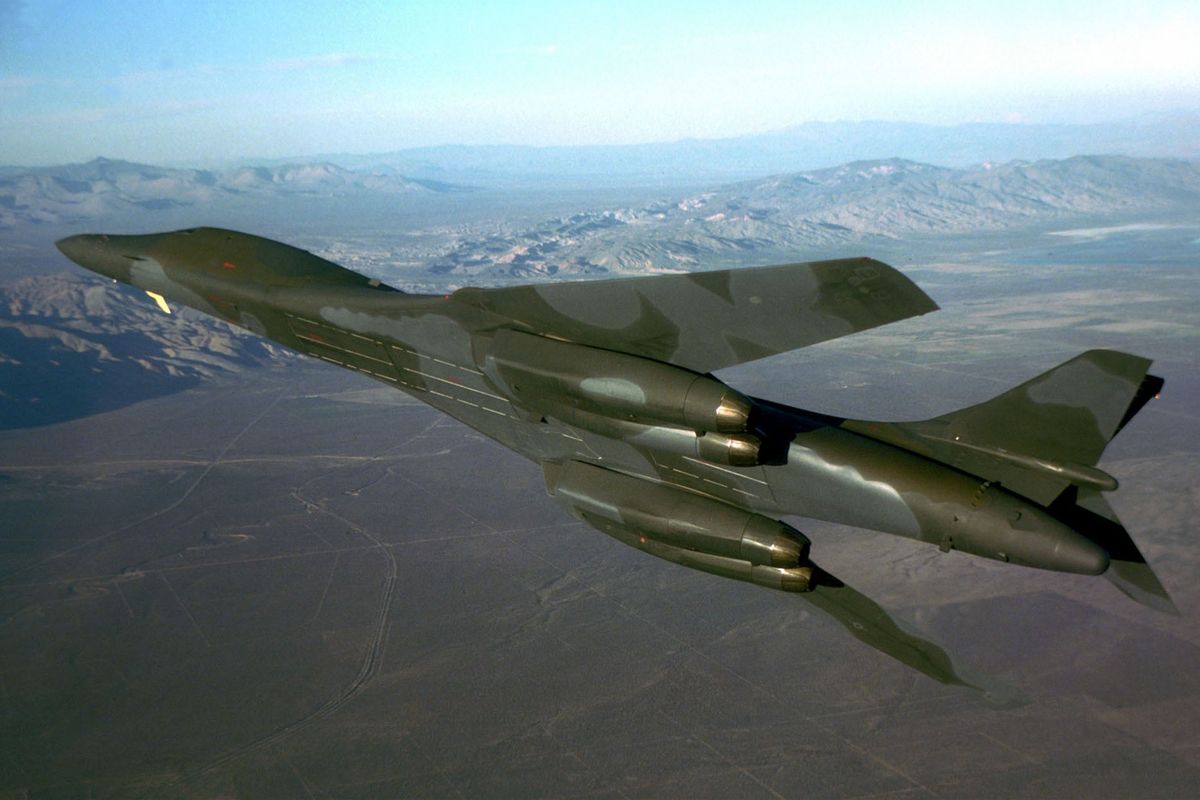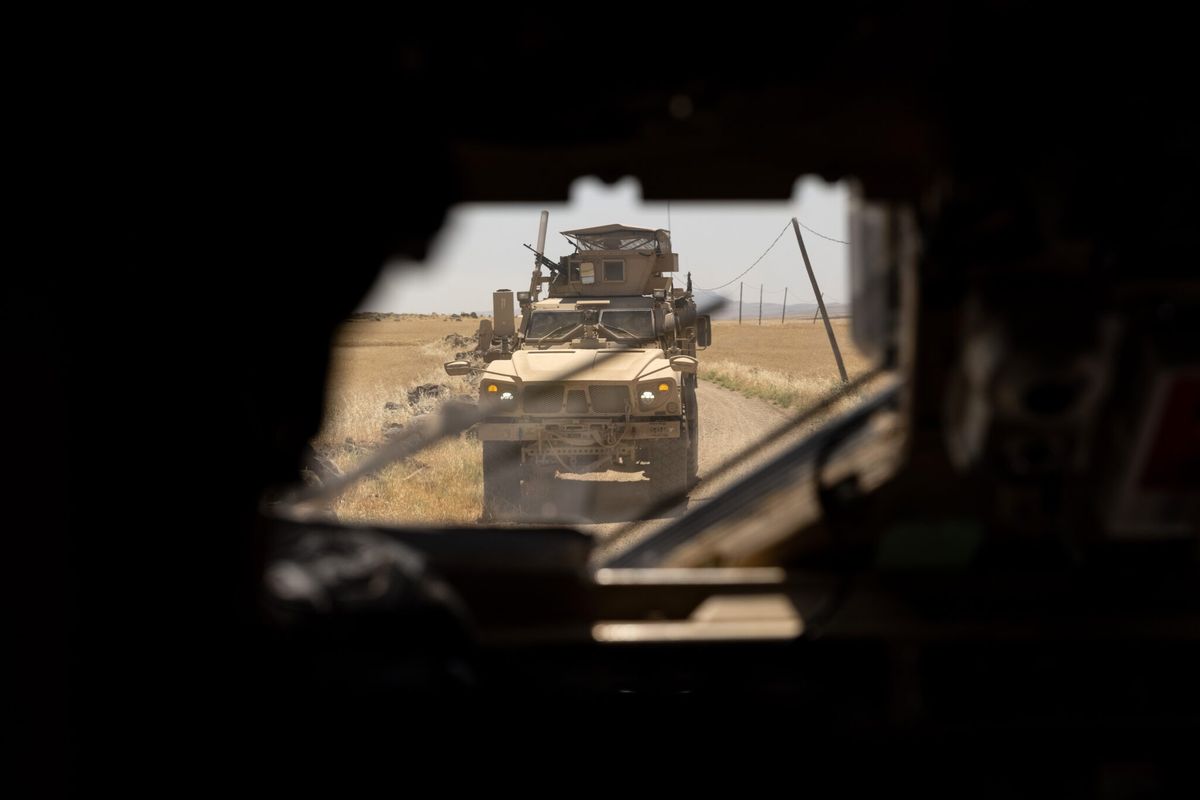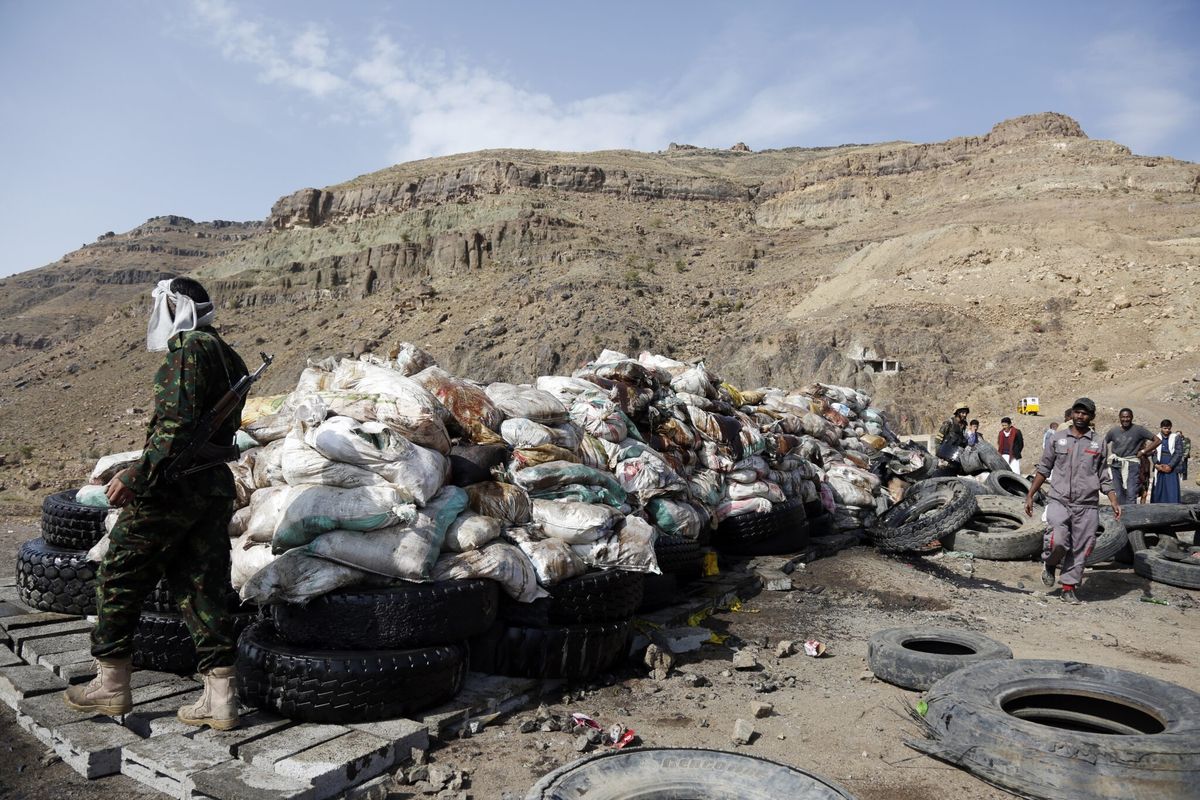The Syrian regime’s bombing of Syrian Kurdish forces in the country’s far northeast is a notable change in strategy, illustrating just how concerned Damascus is about the group’s recent territorial gains.
Regime warplanes targeted Kurdish-controlled areas in the northeastern city of Hasaka for the first time since Syria’s conflict began in 2011, Reuters and civilian observers on the ground reported.
The bombing caught Kurdish forces off guard, killing and wounding numerous fighters and civilians. It came just days after fighting on the ground between regime forces and Kurdish police in Hasaka, a city whose control is divided between the two sides.
The city is in an area largely under the control of the Syrian Kurdish fighters known as the People’s Protection Units (YPG).
Syrian warplanes throughout the course of the multi-front war have rarely targeted the YPG, which is focusing most of its efforts on combating the Islamic State. Amid its ongoing struggle against the extremist group, the YPG has secured large swaths of northern Syria.
A string of Kurdish strides alarm Assad
The Syrian regime has concentrated the majority of its firepower on those rebel groups intent on seeing Syrian President Bashar al-Assad removed from power.
For its part, the Syrian regime - with the help of Russian warplanes, Hezbollah fighters and Iranian advisers and combat troops on the ground - is mostly targeting those rebels groups in around the city of Aleppo.
The bombing of positions held by the YPG potentially signals that the Syrian regime is now intent on stymying any further YPG expansion in the country’s north, where Kurds would like nothing more than to one day declare an autonomous state along the Syrian/Turkish border.
The YPG is currently enjoying a string of victories resulting in such territorial gains. Earlier this week, an alliance of Kurdish and Arab fighters known the Syrian Democratic Forces (SDF) wrested control of Manbij from the Islamic State, according to Kurdish forces on the ground in the city.
In addition to freeing hundreds of captives, the expulsion of Islamic State from Manbij also blocks yet another crucial supply route to the extremist group’s de facto capital in Syria, Raqqa.
The city is not far from Aleppo, where rebel forces in recent weeks have endured a Syrian regime and Russian airstrike onslaught aimed to take over the whole of the city, which has been the largest battleground of the Syrian civil war began.
Over the last year, the YPG has made major strides on the battlefield. During the same period, the Islamic State has lost ground amid a bloody back and further between the Russian-backed Syrian regime and rebel groups, a conflict that over the last five years has left hundreds of thousands dead.
Earlier this month it looked like the Syrian regime had the rebels in Aleppo on the ropes, only to eventually be repelled and a return to the stalemate status quo.
Keeping the YPG from Aleppo
The attack on Hasaka could be construed as an effort to keep the YPG from gaining more ground closer to Aleppo, thus tipping the scales in favor of the those rebels in the city that have fought so hard to repel the regime.
From a strategy perspective it makes sense: conduct airstrikes on the YPG further east, thus forcing the Syrian Kurds to defend territories in northeastern Syria and thus prevented them from making further advances to the northwest toward Aleppo.
This supposed strategy however comes as the ongoing horrors of the Syrian war are once again thrust into the international spotlight.
Earlier this week, footage of a small Syrian boy being rescued from the rubble of an aerial assault went viral.
Omram Daqneesh was pulled from the ruins of what was his home after aerial assault in Aleppo. Placed in an ambulance, the boy appears dazed, quieted by the ferocity of the attack that attempted to kill him and his family.
The haunting image of a shocked and bloodied child is reminding the world of the very real consequences felt by innocent civilians caught in the middle.
Carmen Gentile has covered the wars in Afghanistan and Iraq, as well as other conflicts. His work has also taken him to West Africa, Latin America, Southeast Asia and elsewhere. Carmen's recent reporting has been along the Turkish/Syrian border where he covers the refugee crisis.













